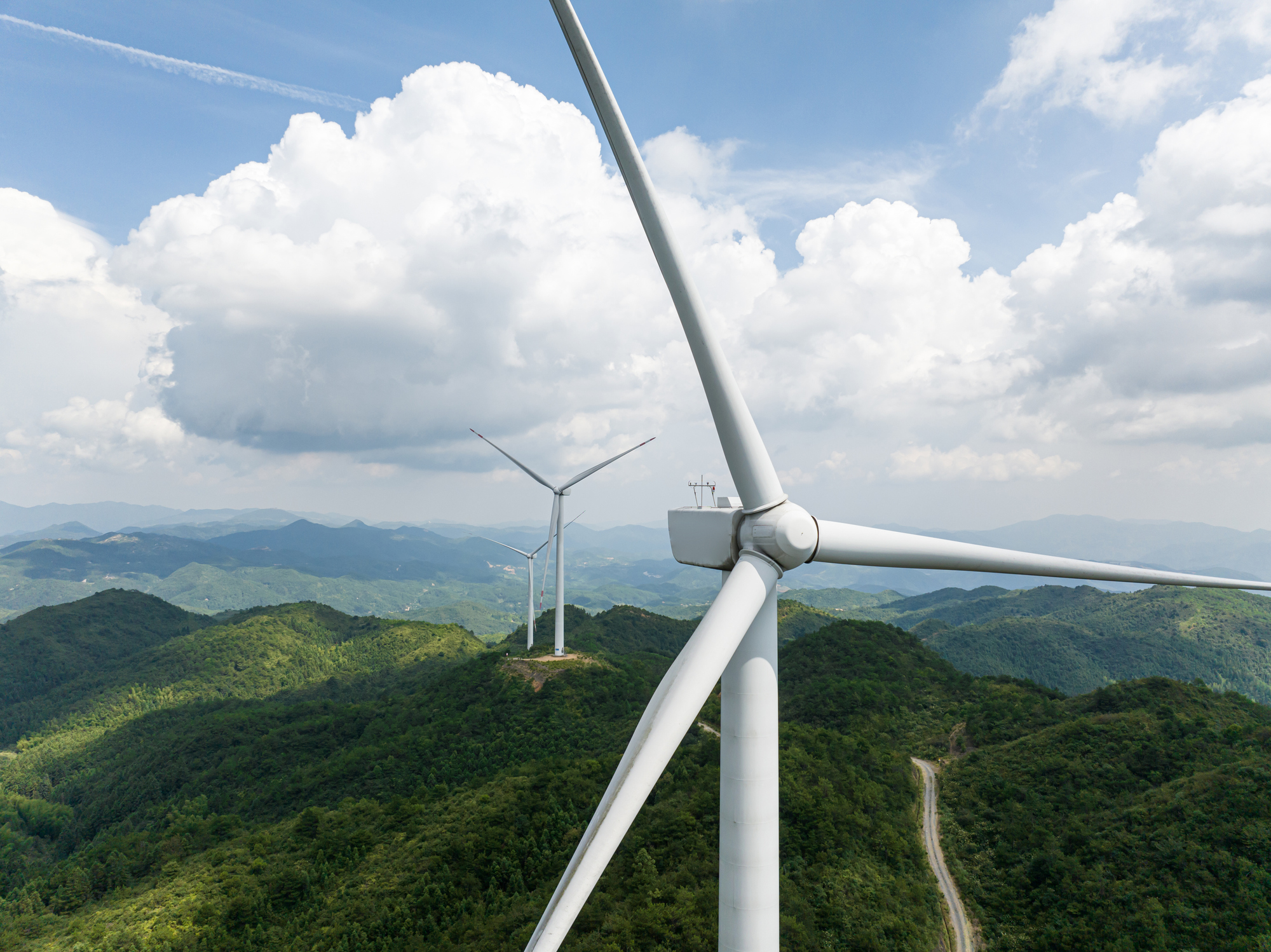
(To get this story in your inbox, subscribe to the TIME CO2 Leadership Report newsletter here.)
From a look at the headlines, it would be easy to conclude that ESG practices—short for environmental, social, and governance—are on the way out. Political backlash from right-wing Republicans in the U.S. has left many big financial institutions reluctant to talk about their ESG policies. Funds focused on clean energy underperformed the broader stock market. And, for the first time last quarter, investors around the globe pulled out more from ESG funds than they put in, according to new data from Morningstar.
But give ESG a closer examination and the picture looks much more complicated. For one, some sustainable funds performed better than the stock market at large last year. And, notably, ESG investing continues to grow in some markets, including in Europe. Soon, the growing focus in the U.S. and elsewhere from governments seeking to create a regulatory framework is likely to quell some concerns about the category—and create new opportunities. Many businesses and investors have come to equate support for ESG with significant financial risk, but it’s clear there are big risks, too, in ignoring ESG principles.
To consider the current state of ESG, it’s helpful to look at the numbers. Globally, investors on net withdrew $2.5 billion from sustainable funds last quarter, according to Morningstar’s analysis. Over the course of 2023 $63 billion flowed into such funds, down from $161 billion the year before. (These numbers are large, but are less so in the scheme of the $3 trillion in the sustainable mutual and exchange traded funds assessed by Morningstar.)
The numbers varied widely from place to place. The U.S. saw a dramatic reduction in new money flowing into ESG in the fourth quarter; Europe continued to see gains. This might seem like a rather obvious result of the different political contexts of the two places—and, of course, that is an important part of the picture. The political right in the U.S. has demonized ESG to the point where it has come up in the presidential campaign and some states have gone so far as to restrict firms that engage in the practice from doing some business within the jurisdiction. By contrast, climate change, a key concern of ESG metrics, has been front-of-mind in Europe for years and remains not just a voting issue but a factor for pension funds and institutional investors.
But there’s also something to be said about time. Simply put, Europe has been in the ESG game longer. Investors have had more time to acclimate themselves and regulators are further along in the process of creating rules of the road. The U.S. is earlier in the policymaking journey, but it’s certainly happening with pending climate disclosure rules from both the SEC and the state of California. Implementing these measures should boost market confidence that ESG funds are actually sustainable, batting back the critique that they’re just greenwashing tools.
Still, all of this is predicated on investor demand—and investors follow returns. While it’s impossible to predict where the market is going, it seems fair to say that not all the challenges that hit ESG funds in recent years will be around forever. Supply chain issues, like the lack of solar manufacturing capacity in the U.S., for example, will be resolved eventually. And already some sustainable funds have experienced a rebound because they are so heavily focused on tech stocks.
All of this means that while ESG is here to stay in some form, it will face ups and downs, and it won’t be popular among all segments of the population. It may not even be called ESG anymore. But, for businesses, ignoring it amid the slowdown would be a big mistake.
More Must-Reads from TIME
- Cybersecurity Experts Are Sounding the Alarm on DOGE
- Meet the 2025 Women of the Year
- The Harsh Truth About Disability Inclusion
- Why Do More Young Adults Have Cancer?
- Colman Domingo Leads With Radical Love
- How to Get Better at Doing Things Alone
- Michelle Zauner Stares Down the Darkness
Write to Justin Worland at justin.worland@time.com